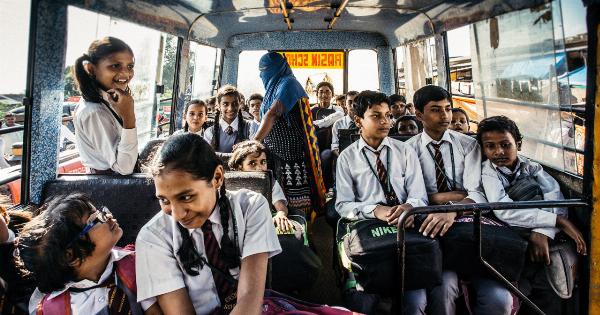Superheroes have been a consistent presence in popular culture, and children have always been fascinated by these larger-than-life characters with incredible powers and daring adventures.
As a result, it’s not uncommon for kids to develop a keen interest in superheroes and the world they inhabit.
While there’s nothing inherently wrong with this fascination, parents need to be mindful of the potential impact superhero culture can have on their children.
Specifically, parents should be aware of the type of content their kids are consuming and the messages that are being conveyed.
The influence of superhero culture
Superheroes have long been associated with themes of justice, heroism, and moral goodness. These are all positive qualities that parents would likely want to instill in their children.
However, as with any media, the messages conveyed by superhero culture can be more complicated than they first appear.
For example, many superheroes rely on violence as a means of achieving their goals. While this may be necessary in some situations, it can still send a message to children that violence is an acceptable way to solve problems.
Additionally, many superhero stories portray characters as being above the law and operating outside of the traditional justice system. This can create a dangerous precedent for children who may begin to believe that they too are above the law and can operate outside of established norms.
The risks of superhero worship
While it’s great for children to have heroes they look up to, it’s important to differentiate between hero worship and unhealthy fixation.
Children who become overly fixated on superheroes can potentially develop unrealistic expectations for themselves and their lives. Furthermore, some children may become so enamored with superhero culture that they begin to view the real world and their peers as disappointingly mundane by comparison.
There’s also the risk that children who are obsessed with superheroes may begin to engage in risky behavior that mimics what they see in their favorite stories.
This can range from engaging in dangerous stunts to dressing up in costumes and attempting to fight “bad guys.”.
How to monitor your child’s exposure to superheroes
As a parent, it’s important to be aware of the types of media your children are consuming and to take an active role in monitoring their exposure to superheroes and other popular culture phenomena.
This doesn’t mean that you have to ban superheroes from your household entirely. It simply means that you should exercise good judgment when choosing what media your child is allowed to consume and set healthy limits on their consumption.
You can also use superheroes as an opportunity to teach your child valuable lessons about morality, justice, and responsibility.
By discussing the messages conveyed by their favorite stories, you can help your child understand the complexities of the world they are growing up in and how to make good choices.
The importance of real-world heroes
While superheroes can certainly be a fun and entertaining part of childhood, it’s important not to lose sight of the real-life heroes all around us.
These heroes don’t have superpowers or wear capes, but they do have qualities such as bravery, compassion, and selflessness. These are the qualities that parents should encourage in their children and hold up as examples of true heroism.
By teaching children to look up to real-world heroes, parents can help them cultivate positive values and develop into responsible, caring individuals.
Ultimately, the goal should be to create a balanced appreciation for both the fantastical and the real, so that children can navigate the world with confidence and a clear sense of their own moral compass.
Conclusion
In conclusion, there’s nothing inherently wrong with children being interested in superheroes.
However, parents should be mindful of the messages conveyed by superhero culture and should take an active role in monitoring their children’s exposure to these types of media. Additionally, it’s important to teach children to appreciate the real-world heroes all around us, and to cultivate qualities such as bravery, compassion, and selflessness.
With a balanced and thoughtful approach, parents can help their children grow into responsible, caring individuals who can navigate the world with confidence and a clear sense of their own values.




























